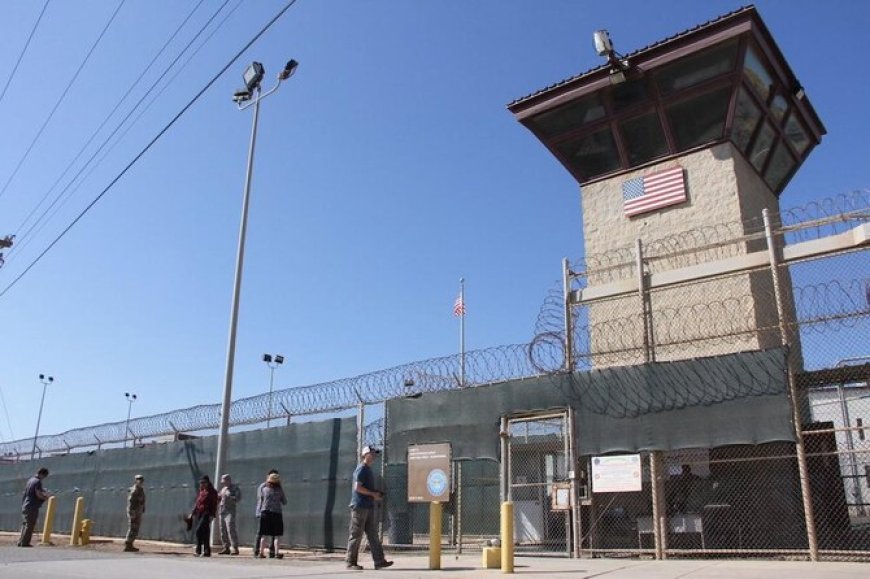US Transfers Guantanamo Detainees Amid Controversy
As part of continuous attempts to resolve the controversial detention procedures of the post-9/11 era, the United States has returned three detainees from Guantanamo Bay—two Malaysians and a Kenyan. After pleading guilty in January, Mohammed Farik bin Amin and Mohammed Nazir bin Lep, the Malaysian inmates, were moved under conspiracy charges connected to the 202-person 2002 Bali bombings. Both men testified against Encep Nurjaman, also known as Hambali, an allegedly Al-Qaeda associate and assault mastermind still under detention awaiting trial.

As part of continuous attempts to resolve the controversial detention procedures of the post-9/11 era, the United States has returned three detainees from Guantanamo Bay—two Malaysians and a Kenyan. After pleading guilty in January, Mohammed Farik bin Amin and Mohammed Nazir bin Lep, the Malaysian inmates, were moved under conspiracy charges connected to the 202-person 2002 Bali bombings. Both men testified against Encep Nurjaman, also known as Hambali, an allegedly Al-Qaeda associate and assault mastermind still under detention awaiting trial.
Held for 17 years without charge, Mohammed Abdul Malik Bajabu, a Kenyan prisoner, was returned as human rights organizations ratchet up pressure on the Biden government to stop indefinite imprisonment at Guantanamo.
There are currently 27 detainees in the jail, 15 of whom like Bajabu have never been legally charged. Emphasizing the serious human rights consequences, Amnesty International has urged President Biden to close the chapter on indefinite imprisonment before his term ends.
Once housing hundreds of people under the so-called "war on terror," Guantanamo Bay represented the controversial use of indefinite incarceration and claimed violations of human rights. Legal difficulties including the effect of torture on evidence have hindered cases for individuals still housed at the institution.













































